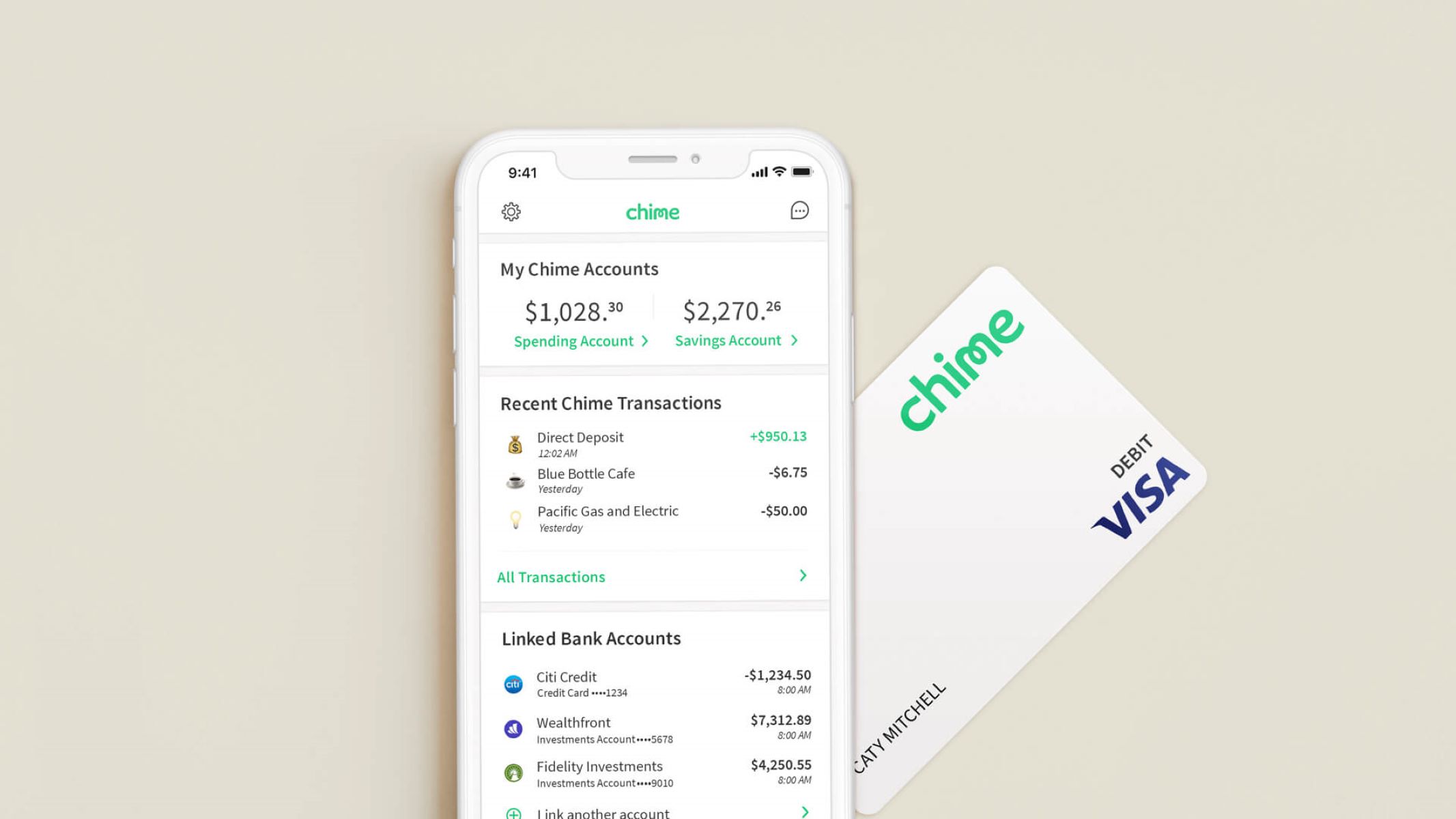

Finance
Prime Credit Definition
Published: January 11, 2024
Learn the definition of prime credit in finance, its importance, and how it impacts your financial decisions. Gain insights into managing and improving your credit score.
(Many of the links in this article redirect to a specific reviewed product. Your purchase of these products through affiliate links helps to generate commission for LiveWell, at no extra cost. Learn more)
Understanding Prime Credit: Everything You Need to Know
Finance is a vast field that encompasses various aspects of managing money, debts, investments, and much more. One crucial concept within the realm of finance is prime credit. If you’re unfamiliar with this term or want to gain a deeper understanding of it, you’ve come to the right place. In this blog post, we will explore what prime credit means, its significance, and how it impacts individuals and businesses.
Key Takeaways:
- Prime credit refers to the highest level of creditworthiness assigned by lenders to borrowers, indicating a low risk of default.
- Borrowers with prime credit are more likely to receive favorable loan terms and lower interest rates.
What is Prime Credit?
Prime credit is an evaluation of an individual or business’s creditworthiness. It represents the highest level of credit rating assigned by lenders to borrowers who demonstrate a low risk of defaulting on their financial obligations. Creditworthiness is determined by various factors, including credit history, income stability, debt-to-income ratio, and overall financial health.
Individuals or businesses with prime credit are considered highly reliable and responsible borrowers. Lenders have confidence in granting loans or extending credit to these borrowers due to their proven track record of honoring financial commitments. Having prime credit opens doors to better loan terms, lower interest rates, higher credit limits, and increased borrowing opportunities.
Why is Prime Credit Important?
Prime credit plays a vital role in shaping your financial landscape. Here’s why:
- Access to favorable loan terms: With prime credit, you are more likely to secure loans with attractive terms, such as lower interest rates, flexible repayment options, and longer repayment periods. This can help you save money in the long run and manage your finances more effectively.
- Increased borrowing opportunities: Lenders are more willing to lend to individuals or businesses with prime credit. This means you have a wider range of borrowing options available, allowing you to fulfill your financial goals and aspirations.
- Lower interest rates: Prime credit borrowers are considered low-risk, which makes them eligible for lower interest rates on loans and lines of credit. Lower interest rates translate into lower monthly payments and potential savings over time.
- Improved financial reputation: Maintaining prime credit not only benefits your immediate financial needs but also enhances your long-term financial reputation. It reflects your responsible financial behavior and demonstrates to potential lenders that you are a reliable borrower.
The Bottom Line
Understanding prime credit is essential if you want to navigate the world of finance successfully. Achieving and maintaining prime credit status can unlock numerous opportunities and advantages for both individuals and businesses. By being aware of your creditworthiness and taking steps to improve it, you can position yourself for a more secure financial future.
Keep in mind that building prime credit takes time and responsible financial habits. Paying bills on time, keeping your credit utilization low, and monitoring your credit report regularly are crucial steps to maintain and improve your creditworthiness.
Now that you have a solid grasp of what prime credit entails, make informed financial decisions, and make the most of the opportunities that come your way.














